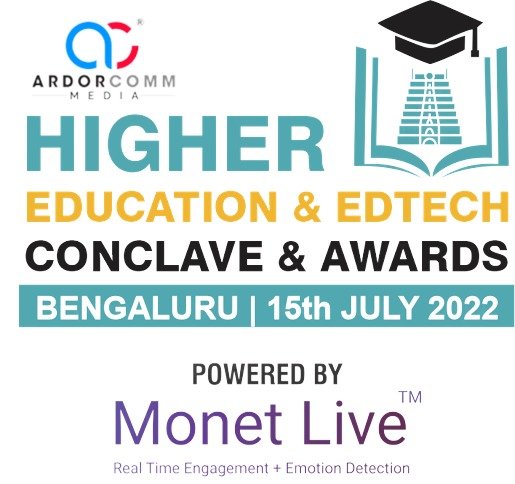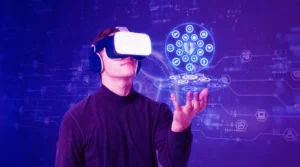10 Science based Benefits of Yoga
Yoga encompasses a wide range of contemplative and self-disciplined activities, including meditation, chanting, mantra, prayer, breath work, ritual, and even selfless action. Despite what modern media and industry would have us believe, yoga is not just about physical poses. The root word “yuj,” which meaning “to yoke” or “to bind,” is where the term “yoga” derives from. The word itself has several connotations, ranging from astronomical conjunction to nuptials, with the notion of connectedness at its core. The physical application of yoga and its poses are known as asana. Even while the scientific study of yoga’s health advantages is still in its early stages, the majority of the available data seems to confirm what practitioners have likely known for thousands of years: yoga is tremendously good for our wellness. Yoga increases strength and flexibility In an effort to determine the worth of yoga in the face of its rising popularity, two of the industry’s main organisations, Yoga Journal and Yoga Alliance, undertook a global survey in 2016. The most popular justification given for doing yoga was to “increase flexibility”. Physical health includes flexibility as a key element. There are numerous yoga types available, with levels of difficulty ranging from high to mild. It has been discovered that even the lowest intensity styles enhance flexibility. Yoga appears to be especially beneficial for enhancing flexibility in adults of age 65 and older. In a 2019 study, it was discovered that yoga helped elderly persons who were experiencing a normal decline in flexibility. Yoga aids with stress reduction 84 percent of American adults, according to recent data from the American Psychological Association, are suffering the effects of chronic stress. Similar is the case in India and across the world as well. So, it makes sense that reducing stress was the second most frequently reported reason given for why individuals practice yoga. Thankfully, research shows that yoga, and particularly asana, is quite effective at lowering stress levels. But keep in mind that yoga is more than just physical exercise. Additionally, proven to greatly reduce tension and ease stress include meditation, breath practice, and auditory rituals like chanting and sound baths. Yoga enhances mental health One of the most prevalent mental health conditions in the world is believed to be major depressive disorder (MDD). Yoga can now be thought of as an efficient alternative treatment for MDD, according to a 2017 meta-analysis of 23 interventions that looked at the impact of yoga-based treatments on depressive symptoms. Yoga therapy with an emphasis on movement as well as breathing exercises have been demonstrated to dramatically lessen depression symptoms. Yoga can relieve inflammation Chronic inflammation is frequently the first sign of sickness. Prolonged inflammation has been associated to heart disease, diabetes, arthritis, Crohn’s disease, and many other illnesses. A review of 15 studies found a consistent finding: yoga, in all its forms, intensities, and durations, decreased the biochemical indicators of inflammation in a range of chronic illnesses. Yoga may help you gain strength Some yoga lessons can be thought of as strength-building exercises even though most people identify yoga with flexibility and stretching. Simply put, it depends on the teacher, method, and class level. Yoga asana is a multimodal kind of exercise as a result. Yoga’s capacity to increase strength has been examined in a variety of scenarios, including those involving children, older persons, and those with breast cancer. Yoga was discovered to be an efficient activity for improving strength across many age groups of healthy individuals in a study done on air force personnel. Yoga might lessen anxiety There are many different types of anxiety disorders, including social anxiety, specific phobias, and generalized anxiety disorder. Sometimes even long-term stress qualifies as an anxiety condition. Numerous studies indicate that yoga asana may be useful as a complementary therapy for anxiety disorders, however some of the researchers want more replicated research before drawing any firm conclusions. Anxiety symptoms have been demonstrably diminished by yoga ‘nidra’, a body scan/guided meditation. Yoga may enhance one’s quality of life For many years, researchers have considered quality of life (QOL) as a crucial indicator of people’s longevity and the possibility that patients may recover from a chronic illness or injury. Relationships, creativity, learning opportunities, health, and material comforts are a few aspects that influence QOL. A 2019 meta-analysis found that yoga may have a positive impact on patients’ quality of life. Yoga can improve immunity Your immune system suffers when you are under constant stress. You are more prone to sickness when your immunity is weakened. However, as was previously said, yoga is regarded as an alternate stress-reduction strategy with scientific support. Even while the research is still in its early stages, certain studies have discovered a clear connection between practicing yoga regularly over time and having a healthier immune system. This is caused in part by the anti-inflammatory properties of yoga as well as the improvement of cell-mediated immunity. Yoga can better your balance & posture Not only is balance crucial when performing the yoga pose known as Tree Pose while standing on one leg. Additionally, it is necessary for everyday tasks like picking something up off the floor, reaching up to a shelf, and going down stairs. Athletes’ balance and general performance have been found to improve with yoga. Similarly, a review of studies on healthy populations indicates that regular yoga practice may help most people’s balance. However, for other people, falling can have negative consequences. Recent studies indicate that yoga can help older populations’ balance. Before a broad generalization can be made, more studies with sizable sample sizes are required. Yoga poses can help those with brain injuries regain their equilibrium. For older persons, those with ailments who are less mobile or whose balance is an issue, adaptive yoga or chair yoga can be extremely beneficial. Yoga may enhance cardiovascular health A crucial and advantageous component of yoga is pranayama, sometimes known as “yogic breathing.” An analysis of 1,400 papers investigating the overall effects of pranayama was published in the Journal
10 Science based Benefits of Yoga Read More »










